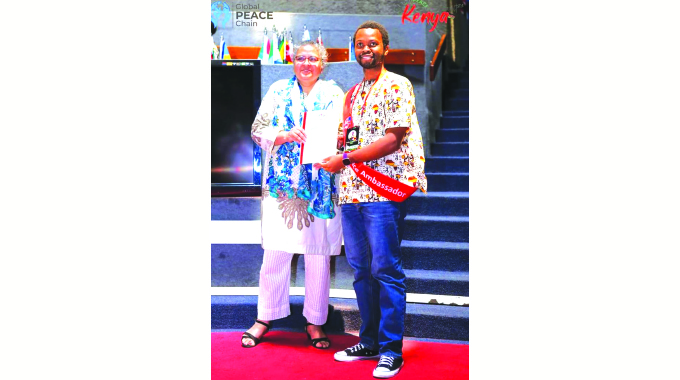Build a stronger bond with your mother-in-law

Trillia Newbell
I was in my early 30s, established in my career, and comfortable in my skin, but I was still nervous when the time came to meet my future mother-in-law.
Would she like me as a person, approve of me as a daughter-in-law, accept me into the family, even with my bad-girl past?
Our first meeting was cordial, and she always made me welcome in her home. But as each year went by, I became less certain of my place in her heart and held her at arm’s length emotionally.
Yes, I dutifully sent flowers each Mother’s Day, made her favourite dish for thanksgiving, and showered her with presents at Christmas. But whether it was pride, anxiety, or insecurity, something kept me from building a nest for her in my heart.
Then I studied the Book of Ruth. Undone by the loving-kindness Ruth showed her mother-in-law, Naomi, I realised something had to change in my life, and that something was me.
A phone call to my mother-in-law seemed the place to begin. My hand shook as I punched in the numbers. I had no real plan, trusting God to give me the words to say: I am sorry. Please forgive me. I love you. Can we begin again?
When my mother-in-law answered the phone, an over-whelming sense of peace washed over me. Whatever fears I had harboured — of rejection, of losing her as I would lose my own mother, of not measuring up — were gone. Nothing was left but love.
The next time we visited my in-law’s house, I wrapped my arms around her and gave her my first real hug. Our last five years together were sweeter than all the years that came before them, combined. I have Ruth the Moabitess to thank for that, and the Lord she vowed to follow.
When Naomi started for home after 10 years in the far country of Moab, she urged her two daughters-in-law, Orpah and Ruth, to return to Moab and to their gods. Orpah was convinced; Ruth was not. She told Naomi,
“Do not plead with me to abandon you or to return and not follow you. For wherever you go, I will go, and wherever you live, I will live; your people will be my people, and your God will be my God.” Ruth 1:16
Ruth was determined not to go back to her false gods. Instead, the Spirit of God must have moved through Ruth like living water — cleansing her, filling her, making her altogether new. She was not merely making a choice to follow her mother-in-law. Her decision was about the Lord.
God alone ordained and orchestrated this sacred moment. Ruth’s great-grandson, King David, would one day write, “The counsel of the LORD stands forever, the plans of his heart from generation to generation” (Ps. 33:11). Naomi and Ruth are woven into those plans. So are you, beloved. Long before Naomi and Ruth walked the earth, God’s plans for you were already in place.
Before Naomi could respond that day, Ruth made a bold vow: “For wherever you go, I will go” (Ruth 1:16). More than one dewy-eyed bride has repeated Ruth’s words while gazing into her bridegroom’s handsome face. But Ruth was not talking to or about a man. She was speaking to and about her mother-in-law, who by all appearances did not want her daughter-in-law along for the ride.
“If you have a mother-in-law, Ruth’s brave example shows how you can strengthen or rebuild your one-of-a-kind relationship.”
Ruth’s second vow is equally powerful: “and wherever you live, I will live” (v. 16). She had never been to Bethlehem, yet seemed to care little about where she was going, as long as she was with Naomi. She continued, “your people will be my people” (v. 16). It is one thing to leave your house and quite another to leave your country. Ruth promised to adopt the laws, traditions, dialect, foods, customs, folklore, and history of Israel, turning her back on the only life she knew and embracing a world she had yet to experience.
We have seen Ruth’s courage and commitment on display. Next comes her extraordinary leap of faith: “and your God will be my God” (v. 16). Over the years, Naomi had plenty of time to teach her daughter-in-law about the covenant with Abraham and the exodus with Moses. She had also had countless Sabbaths to show Ruth what a life devoted to the one true God looked like. Yet in the end, it was God at work in Ruth’s heart that made her confession of faith possible: “your God will be my God” (v. 16). – Lifeway
Trillia Newbell is a writer and frequent conference speaker. Her writing has appeared in Christianity Today, Desiring God, The Gospel Coalition, and more.









Comments